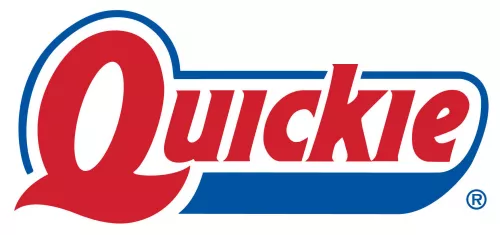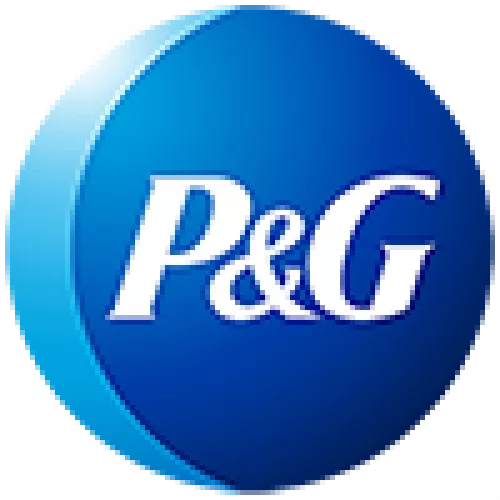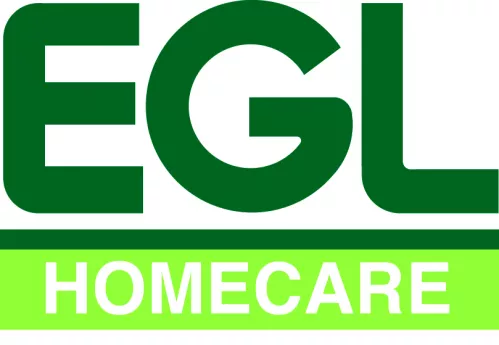Commercial spaces are constantly experiencing high traffic day in and day out – especially essential environments like supermarkets and grocery stores. The primary grocery shopper in U.S. households makes an average of 1.6 weekly trips – and whether shoppers are partial to their favorite local store or price hunting, one thing remains true: added cleanliness in public spaces delivers peace of mind and builds trust among consumers.
Cleanliness is a common factor among the most highly rated supermarkets in the United States, which makes sense when you think about it. Consumers tend to associate ‘clean’ with feelings of confidence, safety, and quality. Visual cues like neat sidewalks and sparkling floors are one thing, but what about invisible enemies at the microbial level?
Between constant foot traffic, temperature fluctuations, moisture and food proteins, supermarkets can prove difficult to keep clean with normal cleaning practices alone. 72% of consumers1 are increasingly concerned about exposure to bacteria in their everyday environments, which means it’s important for retail environments like supermarkets to demonstrate commitments to keeping a clean shopping environment.
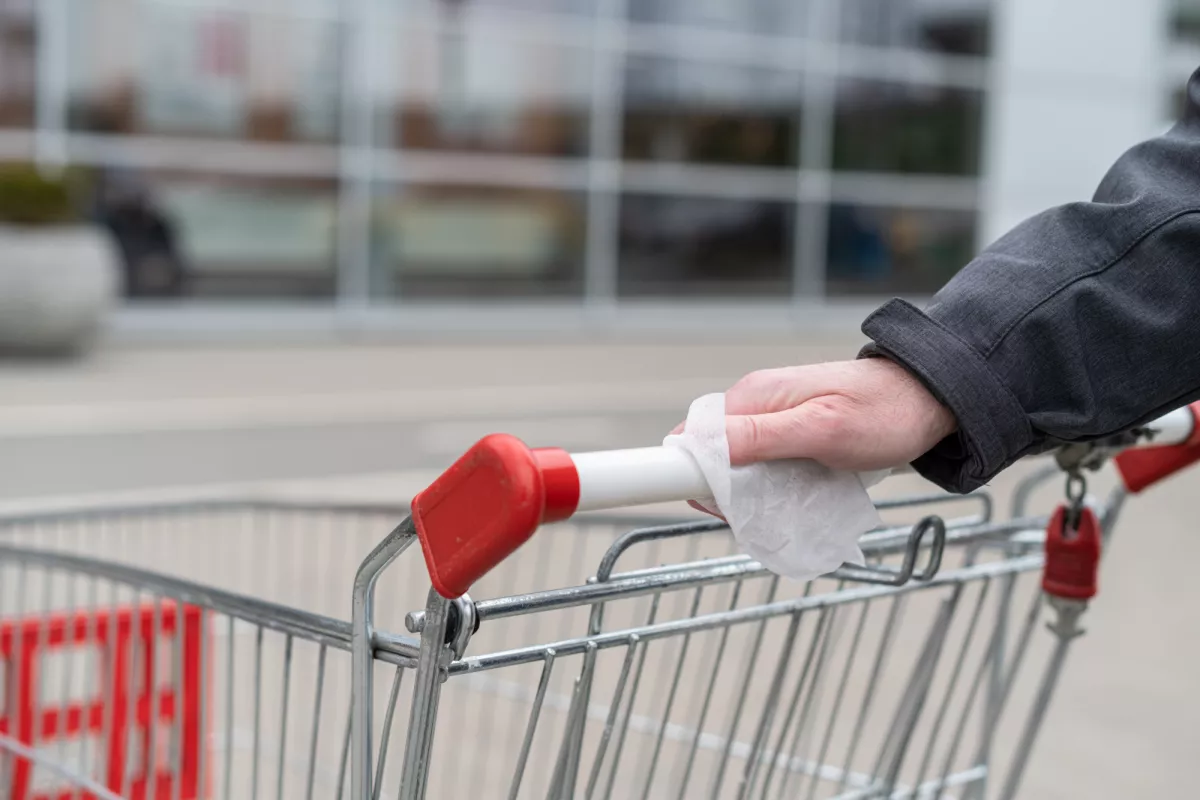
Antimicrobial Protection: More than a ‘Clean Up on Aisle 5’
While many places have already amped up cleaning regimes and sanitizer stations in response to the Covid-19 pandemic, common touchpoints and surfaces can experience ever-increasing microbial loads that are hard to keep up with. Even though shopping carts tend to be wiped down by employees and patrons alike, in a study done by the University of Arizona2, 72% of sampled shopping carts had more coliform bacteria detected than the number found in public restrooms.
The study recommends shoppers to use sanitizing wipes and even plastic protective barriers on cart and basket touchpoints, but what if these surfaces were designed to stay inherently cleaner? Incorporating products that have built-in antimicrobial protection can help contribute to a systems approach to clean – filling in the gaps of cleaning lapses and keeping surfaces cleaner for longer.
What areas of supermarkets and grocery stores can be treated with antimicrobial technology?
- Refrigerators: shelving, handles and filters
- Point of Service Terminals
- Basket and Cart Handles
- Flooring: tiles and finishes
- Cash Registers: buttons, scanners, conveyor belts
- Shelving and Produce Cases
- Reusable Shopping Totes
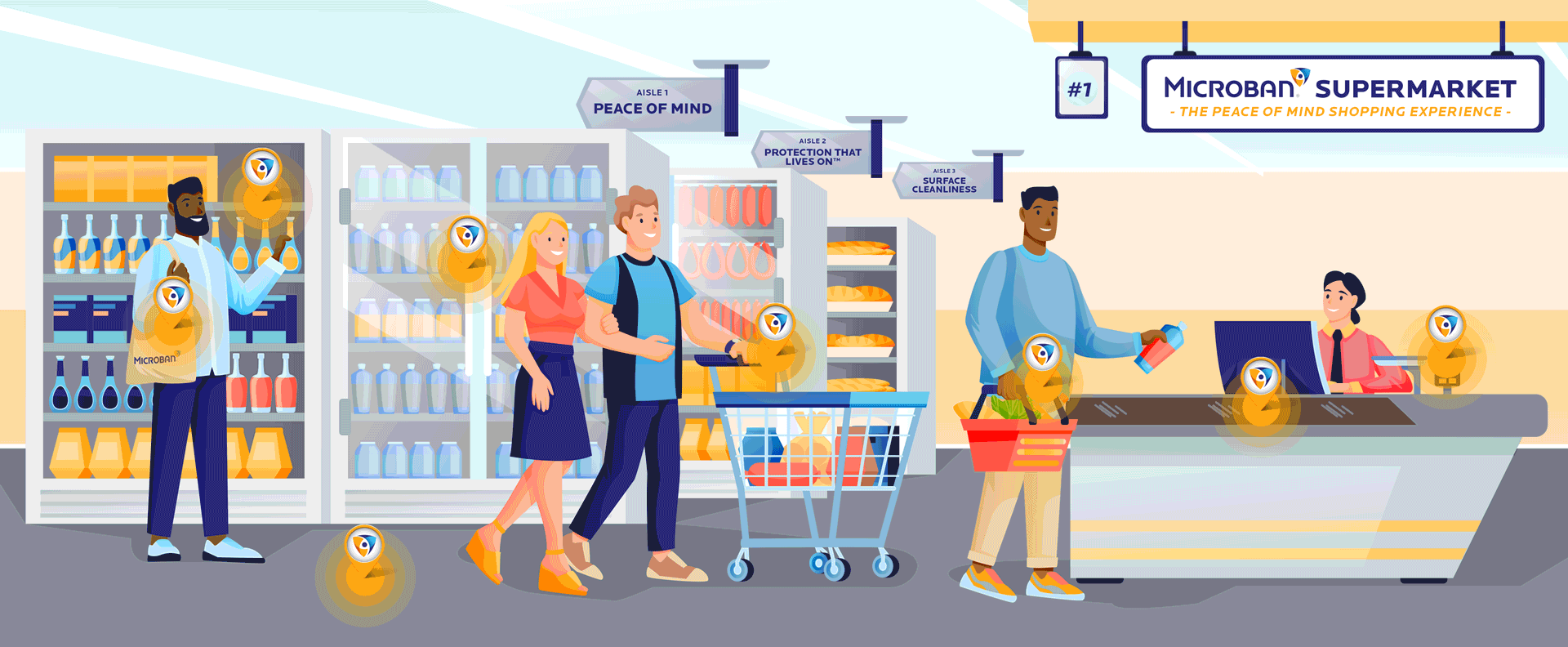
When making purchasing and interior design decisions for commercial environments like supermarkets, business leaders should consider solutions with built-in antimicrobial technology to reduce degrading and staining bacteria on surfaces. Shoppers respond to visible cleanliness cues like sanitation logs, handwashing signs, shined floors and more, so creating an environment with the Microban® Trustmark will only enhance consumer confidence and peace of mind.
Grocery store environments can also look to incorporate antimicrobial protection across their supply chains. Antimicrobial technologies can be integrated into the materials of food processing facilities, packaging, and transportation to provide cleaner, more durable solutions across each step from farm or facility to store shelves.
Explore Microban Partners from Food Supply Chain to Retail:

Great Dane – Antimicrobial Refrigerated Reefer Liners
Great Dane Everest reefer trailer liners are manufactured with built-in Microban technology to proactively protect products and equipment throughout transport from farm to table. Fighting against ideal conditions like moisture, humidity, and food proteins, treated trailers experience a reduced number of stain and odor causing bacteria, contributing to a fresher environment.
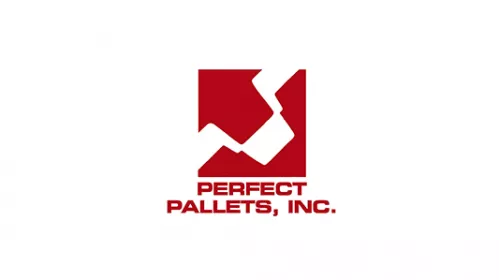
Perfect Pallets – Antimicrobial Reusable Pallets
Perfect Pallets are manufactured with Microban technology built into the reusable plastic material to become a permanent product feature that keeps pallets cleaner and more durable for longer. Bearing heavy loads and tough conditions, Perfect Pallets offer solutions across food, retail, and paper industries to support efficient product transportation.
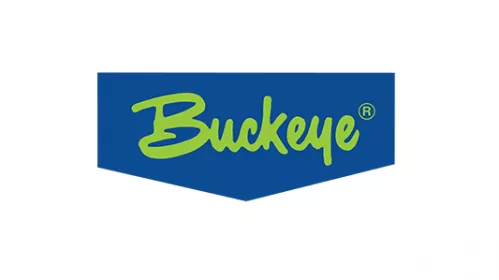
Buckeye – Antimicrobial Floor Finish
Buckeye International offers Clarion® 25, the first floor finish to utilize Microban surface modification technology to help inhibit the growth of bacteria, mold, and mildew. Ideal for high traffic, commercial environments, Clarion 25 is formulated to produce long lasting gloss while resisting the growth of bacteria, so floors stay cleaner and are easier to clean.
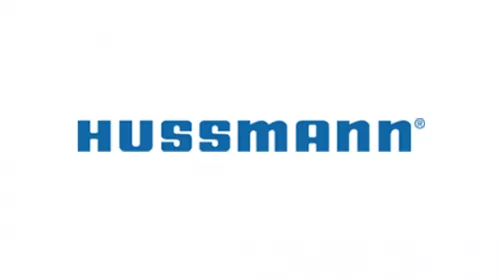
Hussmann – Antimicrobial Commercial Refrigerators
To inhibit the growth of bacteria in temperature-controlled environments, Hussmann and Microban partnered together on an innovative antimicrobial coating used on Hussmann refrigerator display shelves, wire racks, and door handles. Protected 24/7 from the unrestricted growth of bacteria, treated refrigerators stay fresher and deliver added peace of mind to store owners and shoppers.

siffron® – Antimicrobial Retail Refrigerator Shelving
siffron, a leader in retail display solutions, partners with Microban to enhance ModoShelf™—a modular, easy-to-clean shelving system with built-in antimicrobial protection. Designed for durability and cost efficiency, it resists bacteria and mold growth, ensuring cleaner surfaces for fresh produce and more.
As the demand for smarter, cleaner products grows among consumers, supermarkets can also benefit by offering a breadth of retail products with built-in antimicrobial product protection:
1Multi-Products Study, 2020
2 Gerba, C. and Maxwell, S. (2012). Bacterial Contamination of Shopping Carts and Approaches to Control. Dept. of Soil, Water and Environmental Science, University of Arizona. https://www.foodprotection.org/files/food-protection-trends/Dec-12-Maxwell.pdf





